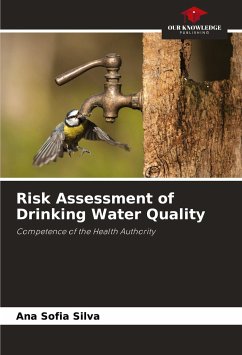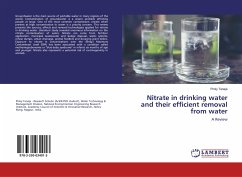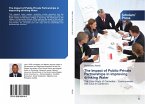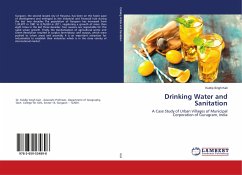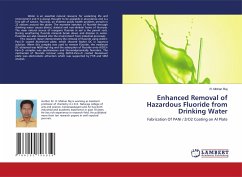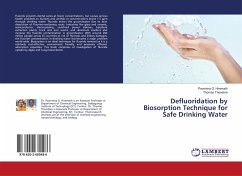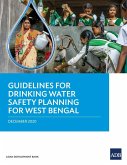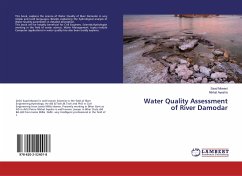The United Nations has recognized access to water and sanitation as a human right, which is fundamental to the health, dignity and prosperity of all. The right to water is the right to sufficient, safe, acceptable, physically accessible and affordable water for personal and domestic use. Drinking unsafe water can lead to various water-borne diseases. In Portugal, there has been significant progress in recent years in the public water supply sector, and in 2022 it was classified as safe water, as 99% of the parametric values set by Portuguese legislation were met. The aim of this work is to provide a summary of the microbiological, physico-chemical and radiological parameters set by Portuguese legislation and the World Health Organization, supporting Health Authorities in the risk assessment of water quality for human consumption.
Bitte wählen Sie Ihr Anliegen aus.
Rechnungen
Retourenschein anfordern
Bestellstatus
Storno

